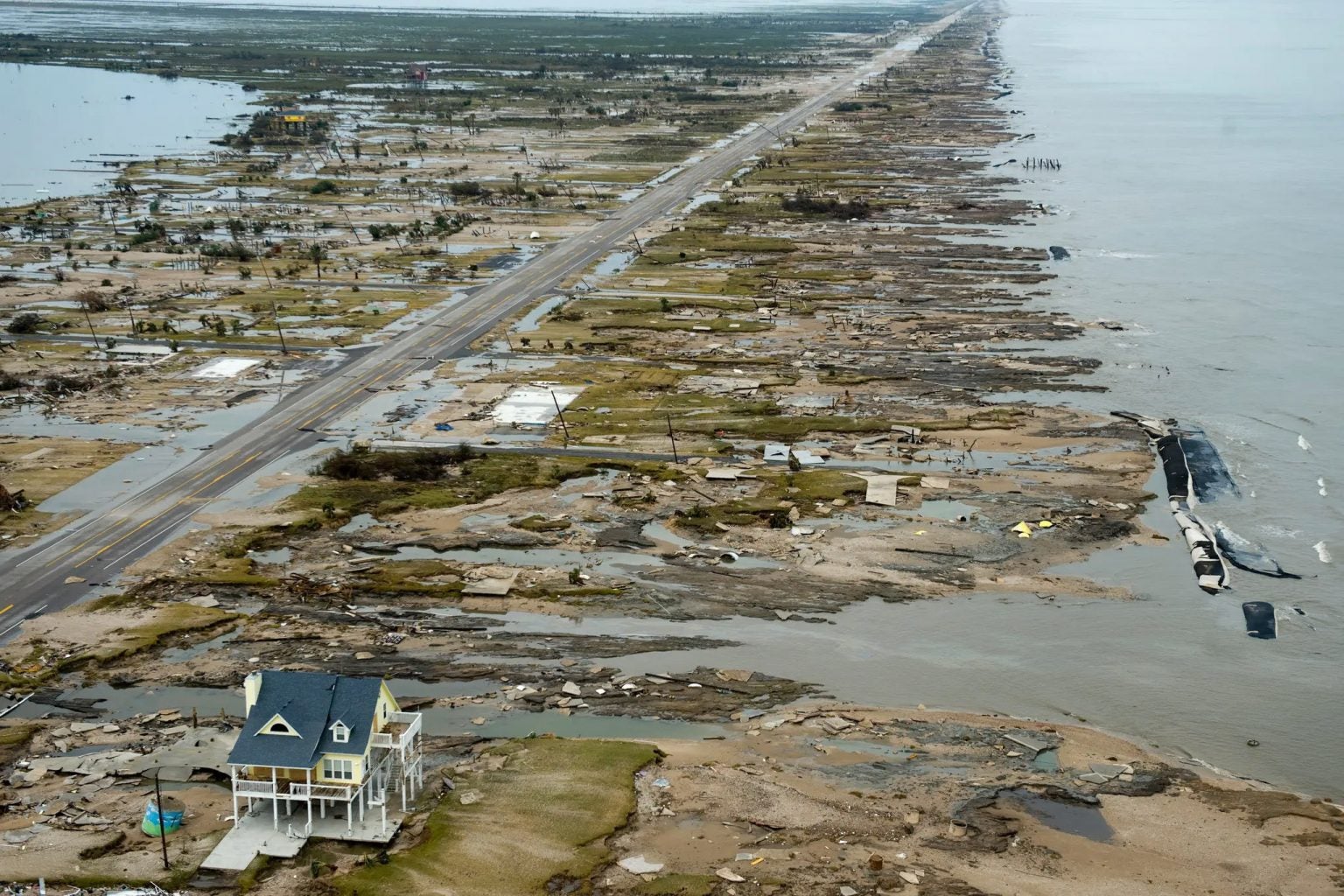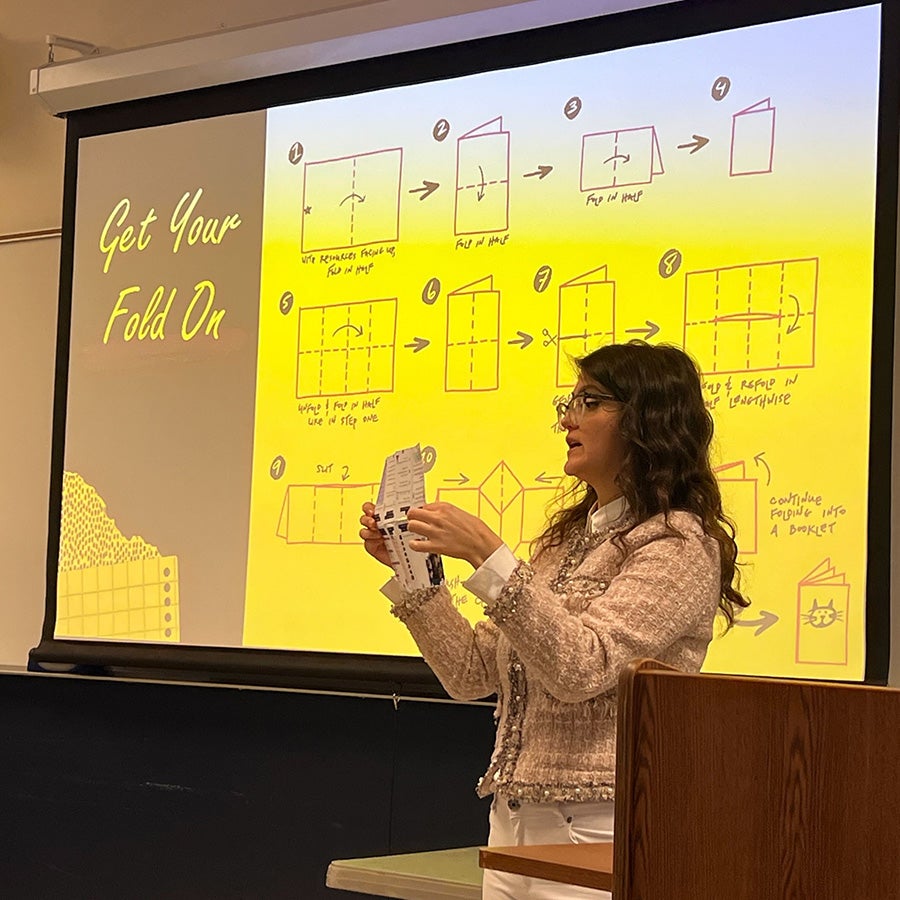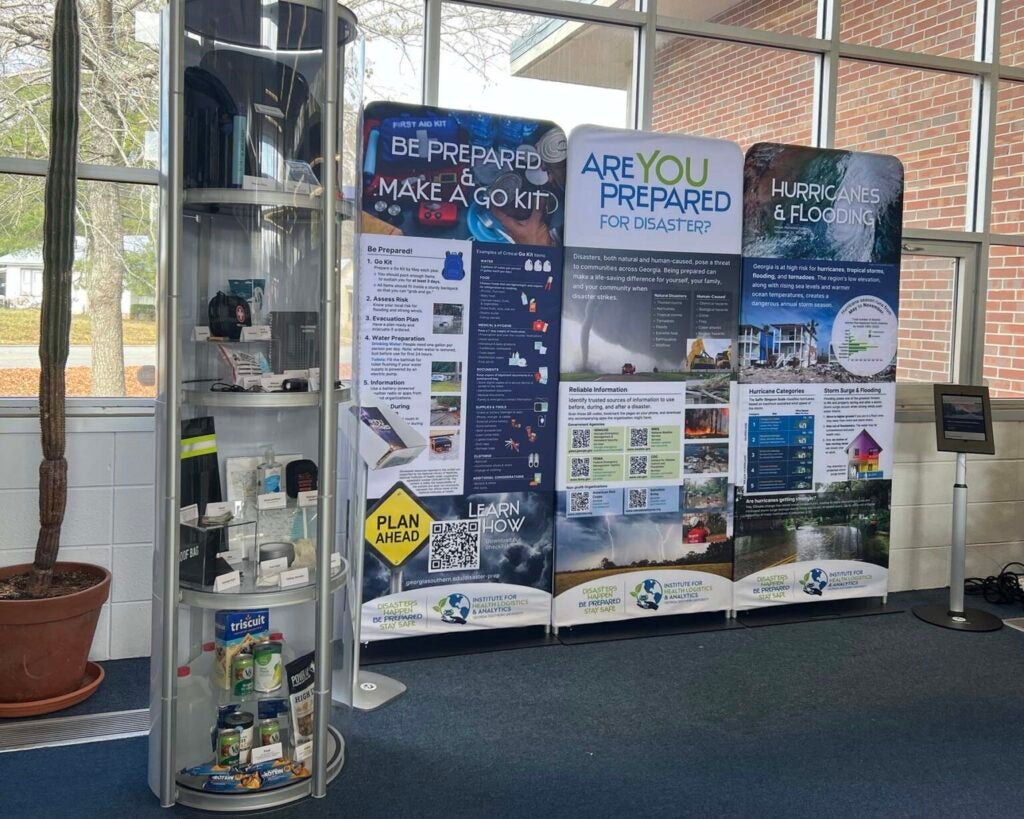Be Prepared
- Go Kit
- Prepare a Go Kit by May each year.
- You should pack enough items to sustain you for at least 3 days.
- All items should fit inside a sturdy backpack so that you can “grab and go (see right).”
- Prepare a Go Kit by May each year.
- Assess Risk
- Know your local risk for flooding and strong winds.
- Evacuation Plan
- Have a plan ready and evacuate if ordered.
- Water Preparation
- Drinking Water: People need one gallon per person per day. Note: when water is restored, boil before use for first 24 hours.
- Toilets: Fill the bathtub for toilet flushing if your water supply is powered by an electric pump.
- Information
- Use a battery-powered weather radio or apps from trusted organizations.
- Safety During the Storm
- Identify the safest room in your home for shelter during severe weather—for example, an interior, windowless room.
- Generators
- Consider alternate power sources. Learn to operate your generator safely and keep it outside, at least 10′ from your home.
Trusted Sources for Information
Identify trusted sources of information to use before, during, and after a disaster.
- Georgia Emergency Management & Homeland Security
- Services: Georgia emergency assistance and information
- National Weather Service
- Services: Weather updates and resources
- Federal Emergency Management Agency
- Services: Federal emergency information and services
- Centers for Disease Control and Prevention
- Services: Disaster and health information
- American Red Cross
- Services: Disaster relief and resources
- Salvation Army
- Services: Disaster relief and resources
Emergency Preparedness Training
As hurricanes and other natural disasters frequently impact Georgia, the importance of emergency preparedness and response is at the forefront of public health. The IHLA, in partnership with the director of the University’s Office of Emergency Management, developed a program to enhance natural disaster emergency preparedness and response across our campus community. This program aimed to improve health and promote awareness, preparedness, education, training, and safety coordination to enhance responses to natural disasters and local emergencies among Georgia Southern students using the National Library of Medicine resources such as MedlinePlus and National Institute of Health, Health Information.
NOTE: While this training has ended, contact IHLA if you want us to build a customized educational solution for you.

When was the training done?
In Spring 2024, the training, sponsored by the Network of the National Libraries of Medicine (Region 2), focused on demonstrating how to access free and trustworthy public health information and creating an individualized emergency preparedness and response plan.
Benefits of the Training
Students learned how to:
- Make informed decisions and teach others about natural disaster preparedness and response
- Access health information services and technology
- Find trustworthy and high-quality natural disaster emergency preparedness and response information
- Improve natural disasters awareness, education, response knowledge, and safety coordination
- Protect their health and reduce life and property loss

Evidence-Based Disaster Preparedness
Creating evidence based information through research practices.
Effective natural disaster preparedness and response practices in the university are essential in protecting students’ physical and psychological health. For each training session, we administered pre-and post-test surveys to better understand students’ perceptions of natural disaster preparedness and response and evaluate the usefulness of our program.
Why is this research important?
The research’s results will enable IHLA and university partners to identify natural disaster preparedness and response indicators that are important to student safety and wellbeing. Policymakers may find this program helpful in updating successful policies and practices for natural disaster emergency planning and response. This project will also help the National Library of Medicine, the Network of the National Library of Medicine, and the IHLA in their efforts to improve public health by giving students better access to high-quality information, health-related technology, and information services that will empower them to make informed decisions.
Funding Statement
Developed resources reported on this website are supported by the National Library of Medicine (NLM), National Institutes of Health (NIH) under cooperative agreement number UG4LM013736. The content is solely the responsibility of the authors and does not necessarily represent the official views of the National Institutes of Health.
Please contact us if you are interested in learning more about this project or if you would like us to provide emergency preparedness training for your organization.

